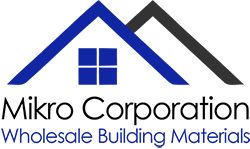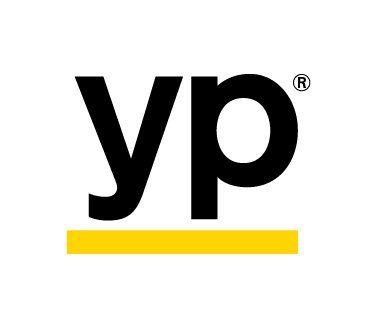Plan to Install Drywall? Keep These 4 Considerations in Mind
Wherever you look at a typical wall in a home, apartment, or commercial facility, your eyes almost invariably encounter drywall. This common wall material offers a compelling combination of benefits, including affordability, ease of installation, fire resistance, and a beautiful finish when installed correctly.
Even with these advantages, however, you'll want to learn what you can about drywall installation before you commit to this construction solution for your latest project. Keep the following four considerations in mind as you research your various options and create your shopping list.
1. Drywall Types
The sheer range of drywall products and materials can make the selection process somewhat confusing. Although the standard combination of white paper over gypsum board can serve general applications well enough, you can also select specific types of drywall that offer their own extra advantages under different conditions.
Green board, blue board, and purple board all boast superior moisture and mold resistance compared to ordinary white board, a potentially important consideration in damp climates or for moisture-prone rooms. Of these options, purple offers the maximum moisture and mold resistance available on the market.
Another choice for minimizing mold and moisture infiltration involves paperless drywall. This material relies on an outer layer or fiberglass for greater protection than any paper-based drywall can provide. However, its somewhat rough texture may require you to smooth things out with a layer of joint compound.
If you need to think about soundproofing your structure, look for a type of drywall that combines gypsum, polymers, and wood fibers in laminated layers. You'll need to put more effort into cutting this relatively dense material, but the resulting sound reduction may prove well worth the effort for apartments or music studios.
2. Drywall Dimensions
Drywall sheets (panels) come in a few standard lengths and thicknesses, although you can also order custom-cut sizes if necessary. The most common standard drywall sheet will span four feet by eight feet. You can get these sheets with square edges that fit together flush or tapered edges that leave room for joint compound.
You can also choose from several different drywall thicknesses, from one-quarter inch to five-eighths of an inch. Different walls may call for different thicknesses of drywall. For instance, you may need to apply thin sheets over curved walls, half-inch sheets for walls with pre-hung doors, and the thickest sheets for fire-risk areas.
3. Drywall Screws
You'll use specialized screws to fasten your drywall sheets to ceiling joints or wall studs. These drywall screws feature unusually deep threads to help hold the drywall sheets firmly in place. The two primary categories of drywall screws include W-screws (for fastening drywall to wood) and S-screws (for fastening it to metal).
You must also consider the relative fineness or coarseness of the screw threads you should use for your project's various needs. The coarser the thread, the tighter the grip you can achieve; the finer the thread, the more easily you can insert the screw. Soft wood studs will require a coarser thread than metal studs.
4. Drywall Sealants and Paints
After you install your drywall, you can cover it with the paint of your choice. First, however, you'll need to apply whatever joint compound, drywall tape, and other materials you need to cover the joints and fill out any roughness you don't want to see in the final result. Remember to mask and/or cover all other surfaces.
The painting process should start with a generous coat of primer. Although you might achieve decent-looking results without this initial step, the primer coat limits how much paint the naked drywall absorbs, permitting you to apply fewer coats. It also helps to hide the underlying drywall tape and joint compound.
Your primer color should suit your chosen paint color. If you will apply dark paint, use a gray primer. If you wish to apply lighter paint colors, match the primer color as closely as possible.
Once you know what kinds of drywall materials and supplies your project needs, rely on Mikro Corporation to fulfill those needs. We offer wholesale prices on all kinds of building materials, including wall board, drywall screws, joint compound and much more. Contact us
for a quote.












